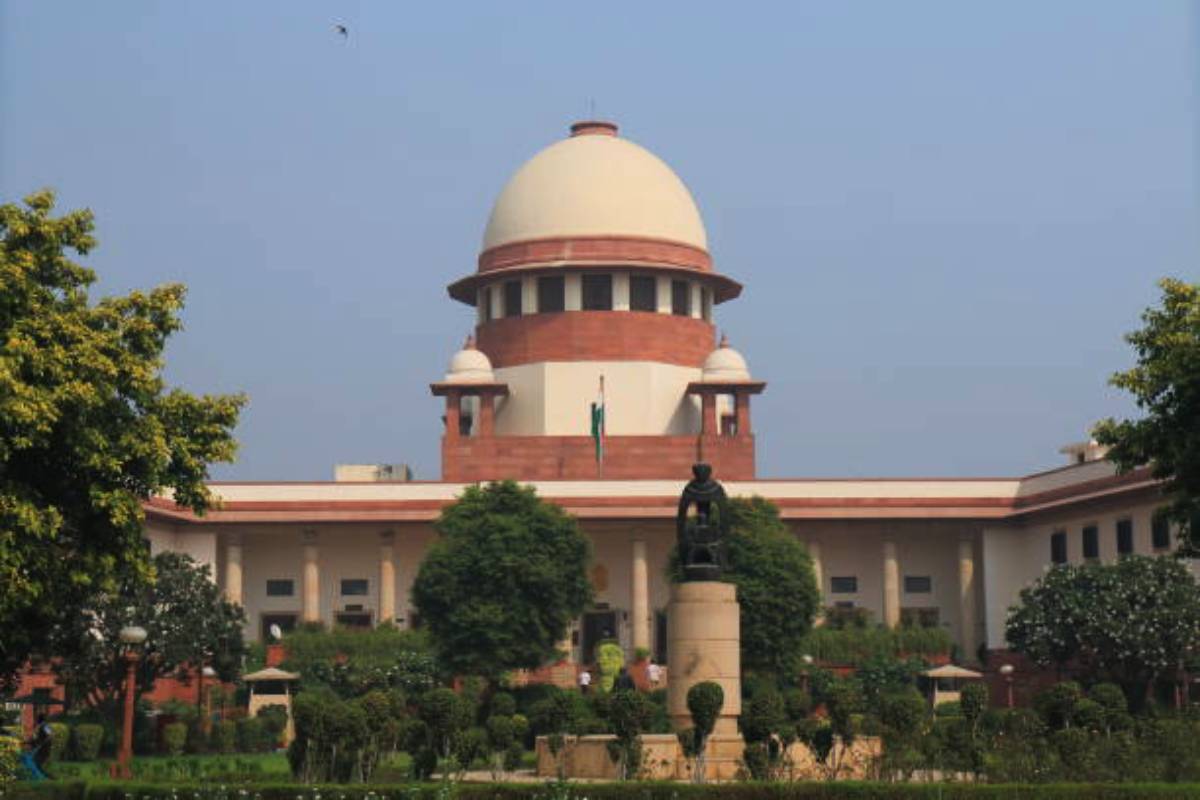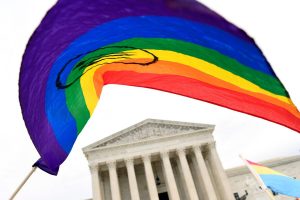The Supreme Court will hear on Monday, March 11, the State Bank of India’s (SBI) plea seeking extension of time till June 30, 2024 to disclose the details of electoral bonds purchased, their purchasers, encashed by political parties, including the date of encashment and the denomination of the electoral bonds.
The plea by the SBI, seeking extension of nearly four months, is listed before a five-judge constitution bench comprising Chief Justice D Y Chandrachud, Justice Sanjiv Khanna, Justice B R Gavai, Justice J B Pardiwala and Justice Manoj Misra.
Advertisement
The SBI’s plea will be taken up as a first matter on March 11 at 10.30 am.
The constitution bench will also hear a contempt plea by the NGO Association for Democratic Reforms (ADR) seeking contempt of court against the State Bank of India for not complying with February 15, 2024, direction of the top court. The ADR was one of the petitioners on whose petition, the top court in a landmark judgment had ruled that Electoral Bonds were “violative of Article 19(1)(a) and unconstitutional”.
Referring to the application filed by the State Bank of India seeking an extension of time till June 30, 2024, the ADR has said that the application by the SBI is “mala fide and demonstrates a wilful and deliberate disobedience and defiance of the judgement passed by the Constitution Bench…”.
The ADR, in its contempt plea filed on Thursday, March 7, contended that the SBI “has deliberately filed” the application on March 4, 2024, “at the last moment in order to ensure that the details of donors and the amount of donations are not disclosed to the public before the upcoming Lok Sabha elections” and that it “neither discloses the progress made so far & steps taken to comply with the judgment…nor it shows even part-compliance of the judgment…”.
Seeking the extension, the SBI, in its application, said no centralised data of the electoral bond was maintained and it was kept in two silos, and the “…the retrieval of information from each silo and the procedure of matching the information of one silo to that of the other would be a time-consuming exercise. The details are stored separately, some of the details such as number of Bonds, etc. are stored digitally while the other set of details such as name of purchaser, KYC etc., are stored physically. The purpose of not storing all details digitally was to ensure that it cannot be gathered easily to achieve the object of the scheme.”
In a landmark judgment that came as a jolt to ruling establishment, the Supreme Court on February 15, 2024 struck down the Electoral Bond (EB) scheme – for the funding of the political parties – and had ruled the scheme and the amendments to the Representation of People Act, the Income Tax Act, the Companies Act and 2017 Finance Act to facilitate the scheme were unconstitutional and arbitrary.
Striking down the Electoral bond (EB) which gave anonymity to corporate buying EBs and the political parties receiving them, and holding that it was violative of Article 19(1)(a) of the Constitution, a five-judge constitution bench had ruled “The Electoral Bond Scheme, the provision to Section 29C (1) of the Representation of the People Act 1951 (as amended by Section 137 of Finance Act 2017), Section 182(3) of the Companies Act (as amended by Section 154 of the Finance Act 2017), and Section 13A(b) (as amended by Section 11 of Finance Act 2017) are violative of Article 19(1)(a) and unconstitutional.”
The top court had further held that the “deletion of the provision to Section 182(1) of the Companies Act permitting unlimited corporate contributions to political parties is arbitrary and violative of Article 14.”











